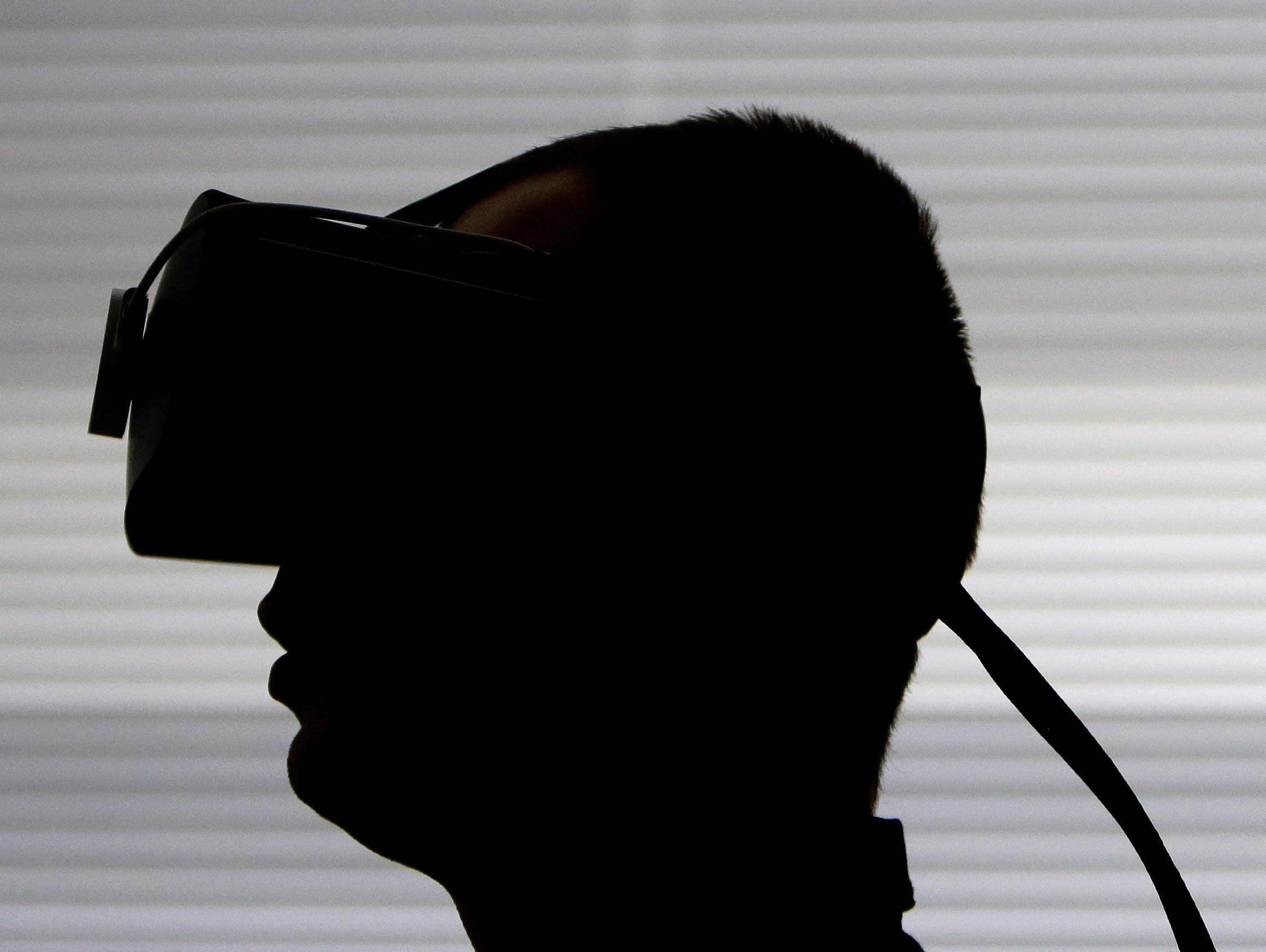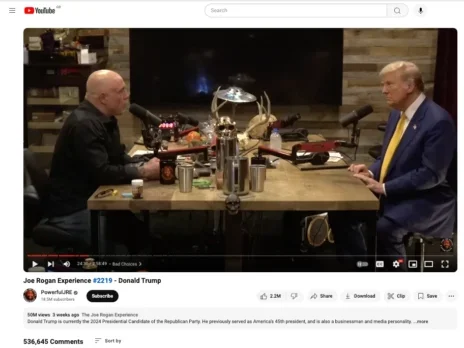
The Guardian will release two new virtual reality (VR) experiences this year as the title’s in-house VR editor tells Press Gazette the new technology is a “really good mechanism for our journalism”.
The newspaper showed its commitment to the medium by giving away 100,000 VR headsets in its Saturday edition to mark the release of a dedicated mobile app bringing all of its VR content together.
The app launch was a “really big step” for The Guardian’s virtual reality executive editor Francesca Panetta and marks a year since her five-strong team was set up.
For Panetta, the aim now is “to build on the learnings from the last year by looking at the techniques that worked well”.
She said the team’s First Impressions VR piece, which drew on research into early-life experience to portray the first months of life through a newborn’s eyes, was a “really good example of a story that suits the medium really well”.
Whilst there is some voiceover work, Panetta said it was important that VR pieces focus on showing the experience rather than telling.
She added: “We think about whether it is appropriate to translate that story to VR by thinking: ‘Is there a need to immerse people in that specific location?’.”
Since being set up, the Guardian’s VR team have published seven pieces, starting with 6×9 which allows the viewer to experience solitary confinement.
“We did 6×9 as a proof of concept to see what this journalism could look like,” said Panetta. “We write a lot about confinement but we hadn’t been able to give people that experience.”
The Guardian is continuing to produce first-person VR pieces, but said they were also looking at integrating VR footage in other news coverage.
Simpler, 360 degree video footage, has been pioneered by the New York Times who publish such content daily, though Panetta stresses the importance of separating out the two formats.
She explains: “They’re very different platforms and they shouldn’t be confused as the same thing. A different language needs to be developed [for 360 video].
“I don’t think one is definitely ‘better’ than the other, but they have differences.”
Asked if the Guardian’s VR projects were profitable, a spokesperson told Press Gazette: “VR is a new medium which we think has huge journalistic potential. It is still a young technology though.
“Consequently, this has been a year of learning and experimentation for us and our focus to date has been on testing and pushing boundaries to enable us to be at the forefront of what VR journalism looks like at what is a very exciting time.
“Over the last year we have demonstrated proof of concept and we now are able to deliver a full immersive experience – headset, mobile VR and 360 video.
“As VR technology develops we think it will become more appealing to advertisers, and we will look to partner with brands on our future VR projects where appropriate.
They said compared to the US market, the UK market for VR was “still catching up” for size, but added: “As the technology continues to develop we are confident the demand for VR will grow and we are open to working with tech partners and brands in the coming year.”
On using advertising alongside VR pieces, a spokesperson also added: “As with all of our journalism, the acceptance of advertising and sponsorship in no way affects our editorial integrity and independence.”
Picture: Reuters/David W Cerny
Email pged@pressgazette.co.uk to point out mistakes, provide story tips or send in a letter for publication on our "Letters Page" blog




